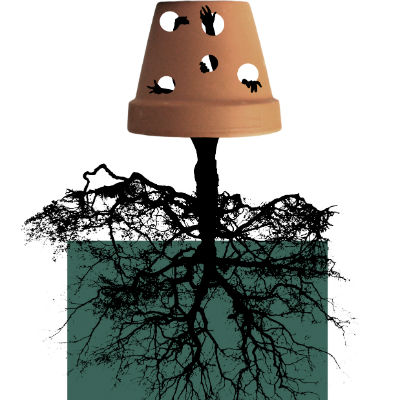Submitted by lratledge on
In 2015, 73 States around the world allowed people to be sentenced to life imprisonment for offences committed while under the age of 18; a further 49 States permited sentences of 15 years or longer and 90 for 10 years or longer. Life imprisonment and lengthy prison sentences for child offenders are not the preserve of a diminishing few, they can be found in the criminal laws of the majority of States.
Life imprisonment sentences cover a diverse range of practices, from the most severe form of life imprisonment without parole, in which a person is sentenced to die in prison so long as their sentence stands, to more indeterminate sentences in which at the time of sentencing it is not clear how long the sentenced person will spend in prison. What all of these sentences have in common, however, is that at the time the sentence is passed, a person is liable to be detained for the rest of his or her natural life.
This report highlights the prevalence and plurality of laws permitting life imprisonment for children, addressing:
-
The legality of life imprisonment for children around the world;
-
How legal systems define life imprisonment;
-
The ages at which children can be subject to life imprisonment;
-
How many children are subjected to life imprisonment;
-
The maximum sentences for child offenders where life imprisonment has been abolished; and
-
The way that international, regional and national human rights mechanisms have addressed life imprisonment of children and the opportunities available to children’s rights activists to pursue abolition.
This report is part of CRIN’s Inhuman Sentencing Campaign to prohibit the death penalty, life imprisonment and corporal punishment of children.
Download a summary of the report and its recommendations.
Explore country profiles examining national laws and practices in depth: Africa, Americas, Asia, Europe, Oceania.
Explore CRIN’s summaries of court cases in which inhuman sentencing has been challenged around the world.
*CRIN would like to express our thanks to White and Case LLP for the research and support they have provided throughout the inhuman sentencing campaign.*

